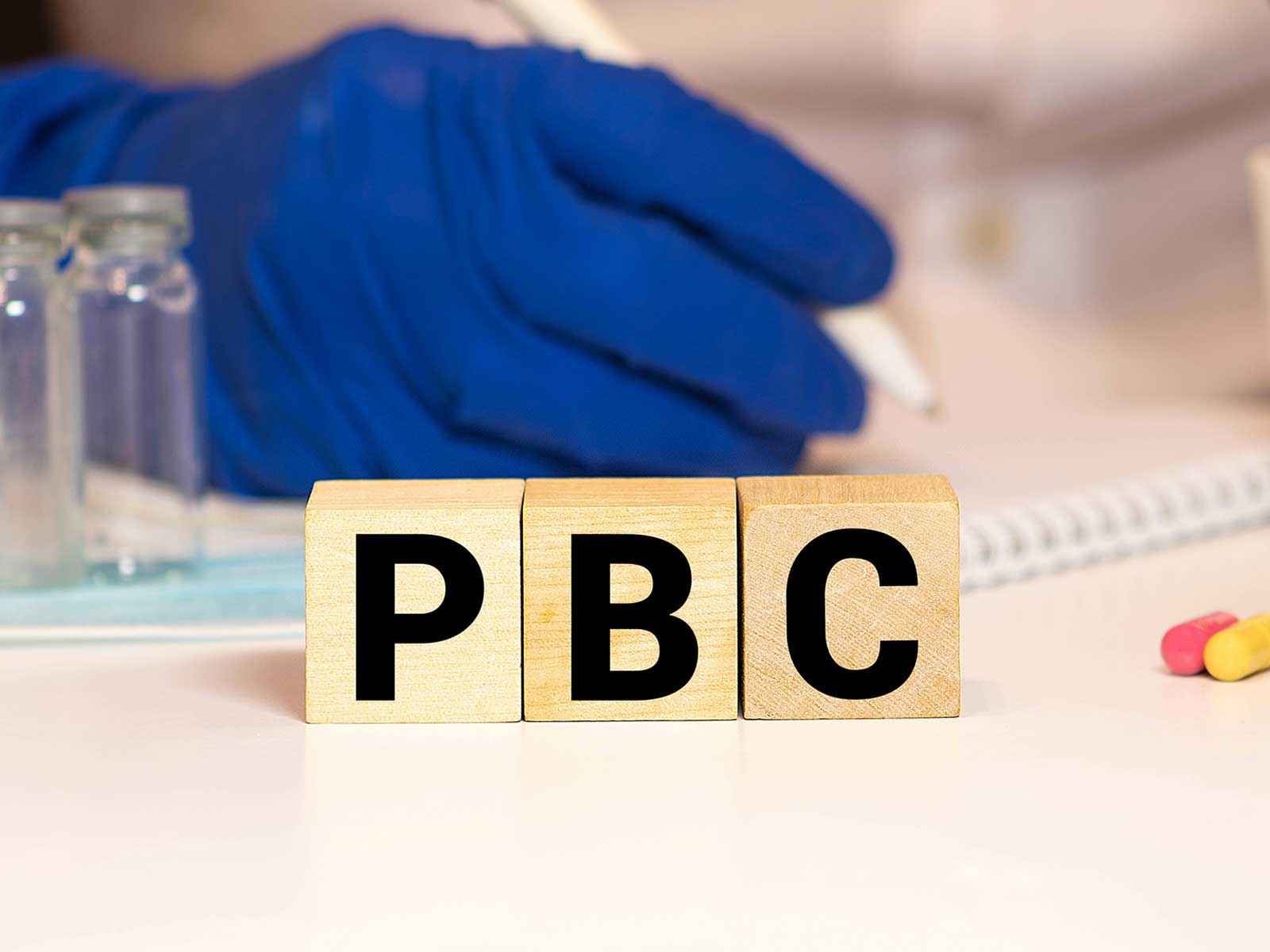
Primary Biliary Cirrhosis (PBC) is a chronic autoimmune liver disease in which the body’s immune system gradually damages the small bile ducts inside the liver. When these ducts are injured, bile begins to build up, causing inflammation and scarring (cirrhosis). Early detection and treatment can help slow disease progression and maintain healthy liver function.
In the early stages, PBC may not show any symptoms. As the condition progresses, you may experience:
The exact cause of PBC is still unclear, but several factors are believed to contribute:
At GastroDoxs, our Houston team specializes in Primary Biliary Cirrhosis (PBC) care, offering board-certified expertise, on-site testing, and individualized treatment plans. From ursodeoxycholic acid to symptom relief and lifestyle guidance, we're dedicated to slowing disease progression and improving your quality of life. Don't wait-book your appointment today and partner with us for compassionate, patient-centered PBC care.
We've successfully treated more than 1.5K patients, helping individuals improve their digestive health and overall well-being through expert, personalized care.
With over 20 years of experience, GastroDoxs has been a trusted provider of gastroenterology care, focusing on delivering the best outcomes for patients
Primary Biliary Cirrhosis is a chronic autoimmune liver disease in which the body's immune system attacks the small bile ducts, leading to bile buildup, inflammation, and gradual scarring (cirrhosis) of the liver.
Early on, you may have no symptoms. As PBC progresses, common signs include fatigue, itchy skin, dry eyes or mouth, upper right abdominal discomfort, jaundice (yellowing of the skin or eyes), dark urine, and pale stools.
PBC is diagnosed through a combination of blood tests (including anti-mitochondrial antibodies or AMA), imaging studies such as ultrasound, and sometimes a liver biopsy to assess the extent of duct damage and scarring.
While both are chronic cholestatic liver diseases, PBC primarily affects small intrahepatic bile ducts in women and involves an autoimmune process. PSC affects larger bile ducts, is more common in men, and often coexists with inflammatory bowel disease.
The ICD-10 code for Primary Biliary Cirrhosis is K74.3, which is used for medical records, billing, and insurance purposes.
There is no cure for PBC, but treatments like ursodeoxycholic acid (UDCA), obeticholic acid, symptom-relief medications, and lifestyle modifications can slow disease progression and improve quality of life.
Yes. Gastroenterologists are trained to manage liver diseases, including PBC, offering diagnostics, medication management, regular monitoring, and patient education.
No, PBC is not curable. However, early diagnosis and adherence to treatment and lifestyle recommendations can effectively manage symptoms and slow liver damage.
You should consult a healthcare provider if you experience persistent fatigue, unexplained itching, dry eyes or mouth, upper right abdominal discomfort, or if routine liver tests return abnormal results.
For expert PBC care in Houston, visit GastroDoxs. Our board-certified gastroenterologists provide personalized treatment plans, on-site testing, and compassionate support for patients and families.